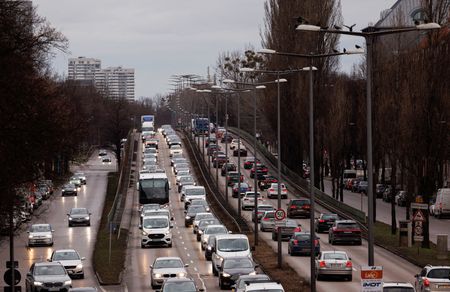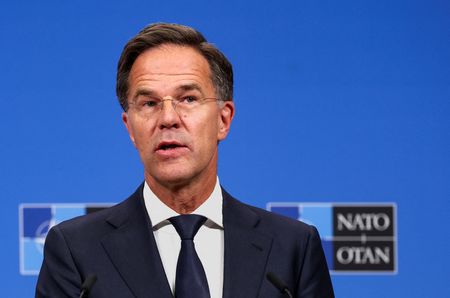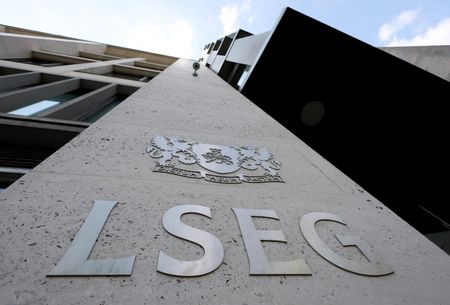By Philip Blenkinsop
BRUSSELS (Reuters) – The European Commission will bring forward a review of its 2035 zero CO2 emission target for cars and vans to the end of this year from 2026, in response to automakers’ appeals that a total shift to electric vehicles is no longer feasible.
The European Union has set a target of 100% reduction of CO2 emissions for new cars and vans by 2035, which has been taken to mean the end of the internal combustion engine for new vehicles.
European Commission President Ursula von der Leyen hosted auto executives on Friday to discuss the industry’s future.
Europe’s carmakers are facing their toughest battle in decades, squeezed by U.S. tariffs, weak European demand and a shift to EVs, in which Chinese competitors are the clear leaders.
ELECTRIC VANS IN FOCUS
The EU review will take a specific look at vans, a member of Commission Executive Vice-President Stephane Sejourne’s team said. Electric vans have a market share of only 8.5% of all new vans sold in the EU, about half the share for electric cars.
The details of a new proposal on the 2035 target are yet not clear, but it could include CO2-neutral fuels, such as biofuels, that could continue to power internal combustion engines, plug-in hybrids or range extenders.
German Chancellor Friedrich Merz told an audience this week at IAA Mobility in Munich, Europe’s top auto trade show, that the sector should not limit itself to a single solution.
Volkswagen, Europe’s largest carmaker, said it was committed to the zero emission target but needed more time and flexibility to achieve it and backed adjustments.
“Transitional arrangements, special solutions for small series production, and the role of CO2-free fuels are part of the upcoming EU review,” it said.
DECARBONISNG CORPORATE FLEETS
New proposals could come alongside planned legislation to decarbonise corporate fleets, which make up about 60% of new car registrations in the 27-nation bloc.
The Commission could at the same time present a proposal to establish a new regulatory category for small electric cars, which might benefit from lower tax treatment and earn extra credits towards meeting CO2 emission reduction targets.
The EU executive is also seeking to prioritise local content for batteries and vehicle components and to set conditions of investments by foreign manufacturers and equipment suppliers, particularly from China, the Sejourne team member said.
Chinese investments have increased since the EU imposed import duties on EVs from China, but the bloc does not want these simply to involve final assembly of multiple parts and batteries coming from China.
(Reporting by Philip Blenkinsop, Charlotte Van Campenhout and Christina Amann in Berlin, Editing by Benoit Van Overstraeten, Joe Bavier and Emelia Sithole-Matarise)










